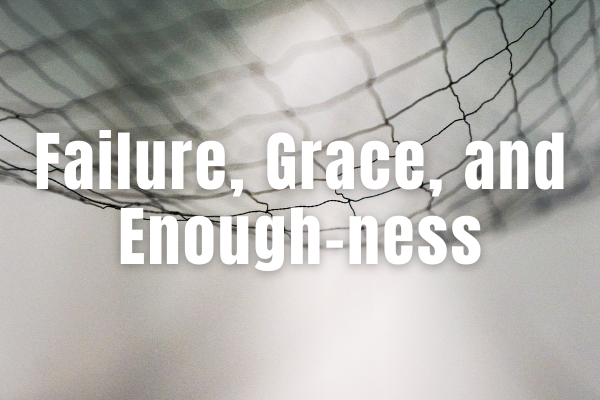001 - Prayer
- TuesdayTribe

- Mar 10, 2020
- 3 min read
Updated: Dec 18, 2020
I’m going to say something I’ve only really ever thought in my head: I’m really bad at praying.

I understand the value of prayer, I really do. But when it comes to actually sitting down, focusing my mind, and talking alone to God, I just really struggle. My mind wanders. I get distracted. And eventually I give up, reassuring myself that God knows what I was about to prayer, so it doesn’t matter that I didn’t actually get the words out.
Which is why I have a love-hate relationship with the beautiful pray-ers I know. Y’know, the ones who never stumble over their words and who invoke “Amens” and “Yes, Lords” from those around them during the prayer? I love listening to the passion and faith in their voices. At the same time, though, it never fails to make my heart ache, because I think to myself, There’s no way I’ll ever be able to pray like that.
Here’s how my prayers usually go: God, I don’t really know what to say. I’m just [insert emotion here] and I don’t know what to do. Can you just do something to help me with what I’m going through?
That’s usually all I can get out, and sometimes not even that. So when I look at others in my life who seem to be effortlessly connected to God, and then at my own feeble attempts at prayers, I sometimes think that I just shouldn’t even try. Why pray when I’m obviously so terrible at it, especially compared to others?
And there it is. Comparison. When I compare the way that I pray to the way that others pray, it leaves me feeling just downright yucky, and worse than that, it gives me the mindset that God would rather not hear from me at all than hear my broken, messy prayers.
It reminds me of a parable that Jesus told in Luke 18. He tells of a Pharisee, praying loudly in the temple with fancy words. And then Jesus tells of a tax collector, a man without any eloquence about him. And this man prays, “God, be merciful to me, a sinner” (Luke 18:13). That’s it. That’s all the prayer he can muster up. But Jesus says that he went away justified. In the Greek, justified is the word dikaios, and it means the man went away without fault, without guilt, and completely right with God.
His prayer was enough. As simple as it was, it was enough in the eyes of his Father. It was enough because it was real. The tax collector was talking to God about what was on his heart and in his mind, regardless of how plain it sounded out loud.
Prayer isn’t meant to be fancy. It isn’t meant to inspire the people listening to our prayers, and it certainly isn’t meant to invoke feelings of failure or shame when our prayers are scattered or we can barely get the words out. God wants to hear from me, and He wants to hear from you even if your prayers are a bit broken. Especially then.
It’s not about what you say. It’s not about how you say it. It’s about showing up in front of God just as you are - real and raw and messy – and trusting that He’s a good Father who thinks good things about you. He’s not comparing you to anyone else. He’s simply delighted to hear your voice.
Published in the 001 - March 10 issue of TuesdayTribe
Written by Hannah Hladek
Photo by Ben White on Unsplash
.png)



Comments